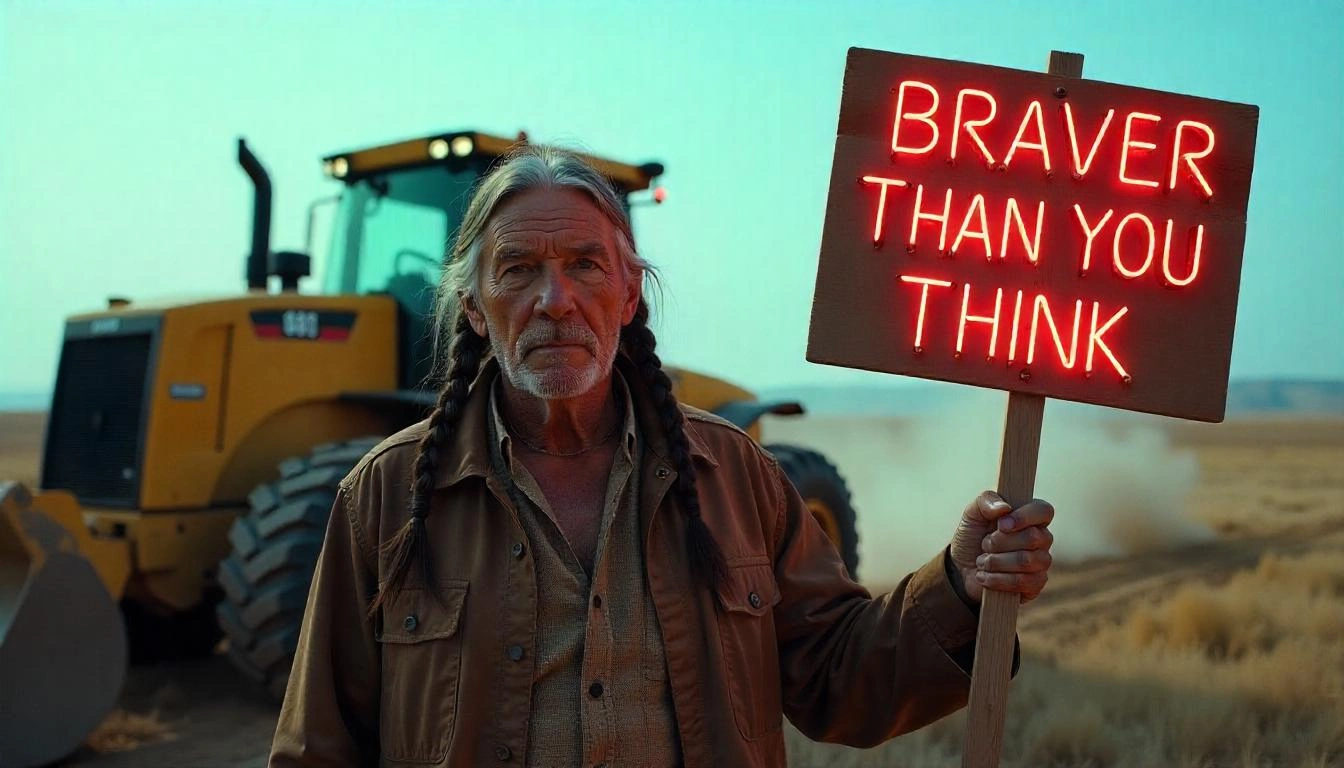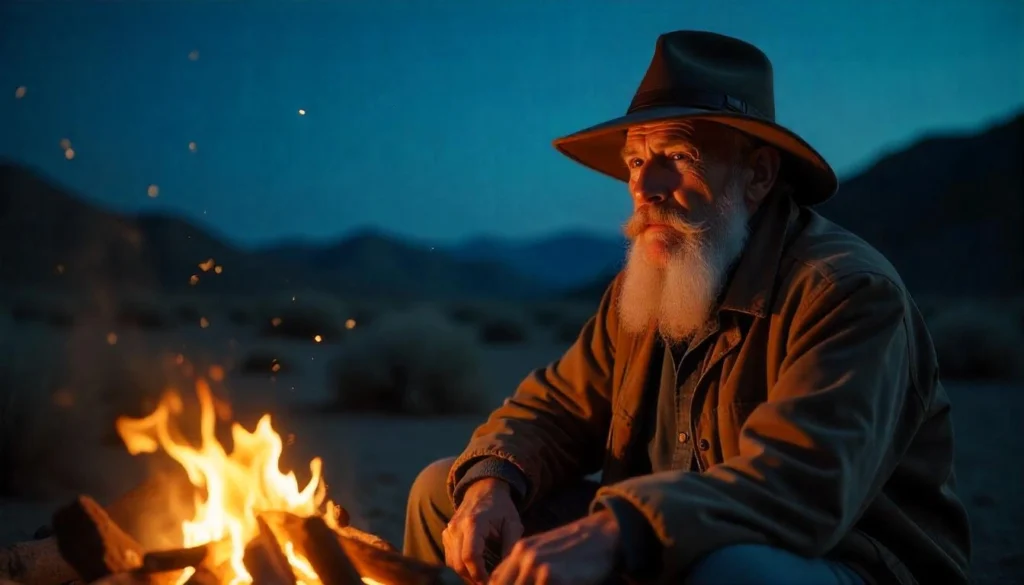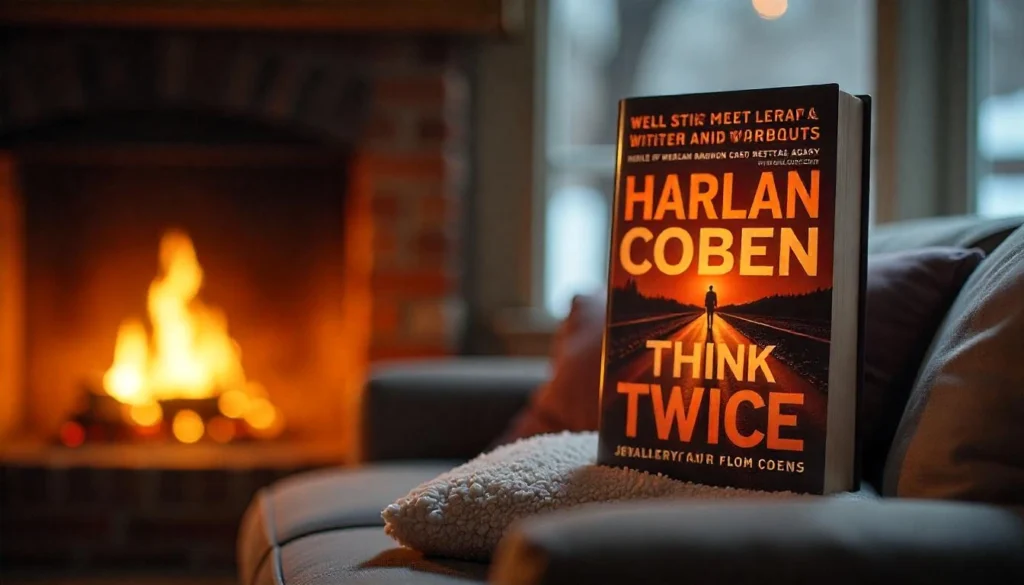In a world that celebrates visible strength—loud triumphs, big wins, public declarations of courage—it’s easy to overlook the quieter kinds of bravery. The kind that doesn’t shout. The kind that sits with discomfort, that faces the day despite fear, that keeps trying even when no one’s watching. For those dealing with anxiety, trauma, or deep self-doubt, this kind of silent strength is not only real—it’s profound. And it deserves recognition.The truth is, you are likely braver than you think.
The Invisible Courage of Daily Survival
Anxiety, trauma, and chronic self-doubt are not just emotional hurdles. They reshape how a person sees the world and themselves. A simple decision—like leaving the house, speaking up in a meeting, or saying no—can feel monumental when your nervous system is on high alert. But each time you do it, despite the discomfort or fear, you are demonstrating resilience.
Psychologist Dr. Lisa Damour explains that “psychological growth often comes through stress,” particularly the kind that challenges us within our limits. When someone with anxiety or trauma engages in daily life, even with internal resistance, they are slowly stretching their window of tolerance. That’s not a weakness. That’s a deep act of strength.
Post-Traumatic Growth: What Pain Can Reveal
There’s a lesser-known concept in psychology called post-traumatic growth. Coined by psychologists Richard Tedeschi and Lawrence Calhoun, it refers to the positive psychological change that can occur after struggling with highly challenging life circumstances.
This doesn’t mean trauma is good or necessary—but it suggests that the aftermath of pain can contain seeds of transformation. Many people, after surviving difficult life experiences, report feeling a deeper appreciation for life, more meaningful relationships, and an increased sense of personal strength. It’s not always immediate. Often it unfolds quietly over time, in moments of reflection and hard-earned insight.
If you’ve faced hardship and found yourself more compassionate, more grounded, or more determined, that’s post-traumatic growth at work. And that’s courage.
The Myth of Confidence and the Reality of Action
One of the biggest misconceptions about bravery is that it’s about feeling confident. In reality, bravery is about action in the presence of fear—not the absence of it.
Clinical psychologist Dr. Susan David, known for her work on emotional agility, reminds us that “courage is not the absence of fear. Courage is fear walking.” That means showing up to life even when you’re trembling. It means answering the phone when your heart is racing. It means asking for help when everything in you says you don’t deserve it.
Bravery, in its truest form, doesn’t always look bold. Sometimes it looks like simply surviving. And survival is not a passive thing—it is a set of active, moment-by-moment decisions to keep going.
Self-Compassion: The Foundation of Inner Strength
When braver than you think, we often think of pushing through. But research by Dr. Kristin Neff on self-compassion reveals a deeper, more sustainable kind of resilience: one that’s rooted in gentleness, not force.
Neff’s work shows that people who treat themselves with kindness in moments of struggle recover more quickly and experience less emotional burnout. Self-compassion provides the emotional scaffolding to keep trying, even after failure or shame. It’s not indulgent. It’s vital.
So if you’re being patient with yourself—if you’re learning to soften your inner voice, to say “this is hard, but I’m doing my best”—you’re cultivating the kind of bravery that heals from the inside out.
The Strength in Asking for Help
Reaching out for support—whether it’s to a therapist, a trusted friend, or a community—is often portrayed as weakness. But in truth, it’s an extraordinary act of courage. Especially for those who’ve been taught to suppress emotion or feel shame around vulnerability.
Psychologist Brené Brown, renowned for her research on vulnerability, writes: “Vulnerability is the birthplace of courage.” That includes the kind of courage it takes to say, “I’m not okay.” Asking for help isn’t admitting defeat. It’s recognizing that you are worthy of care—and that’s a deeply brave thing to believe.
Bravery Doesn’t Always Look Like Progress
Healing is rarely linear. For many, it feels like two steps forward, one step back. There are days when getting out of bed is a win. There are days when simply noticing your feelings without judgment is a breakthrough.
Progress in healing isn’t always visible. It doesn’t always translate to career success, perfect relationships, or a constant upward emotional trend. Often, it looks like internal shifts—becoming more curious than critical, more forgiving than frustrated. These micro-movements are easy to miss. But they matter deeply.
You Are Already Doing the Hardest Part
If you’re living with anxiety, trauma, or self-doubt, chances are you already have a quiet, ongoing bravery. It may not feel like it. But showing up for your life when it’s painful, sitting with emotions when you’d rather avoid them, or simply staying alive in your darkest moments—these are acts of immense courage.
You don’t need to be fearless to be strong. You don’t need to be healed to be whole. And you don’t need to be loud to be powerful.
Conclusion
Bravery isn’t always loud, and healing isn’t always visible. If you’re facing each day with anxiety, carrying the weight of old wounds, or battling the voice of self-doubt, you are not weak, you are resilient in ways that many might never understand.
Your strength shows up in quiet decisions, in small acts of self-trust, in the way you keep going even when the path feels uncertain. You are not behind. You are not broken. You are becoming—steadily, bravely, and beautifully.
Looking for purpose-driven paths to use your resilience? Explore careers that value deep thinking here.





